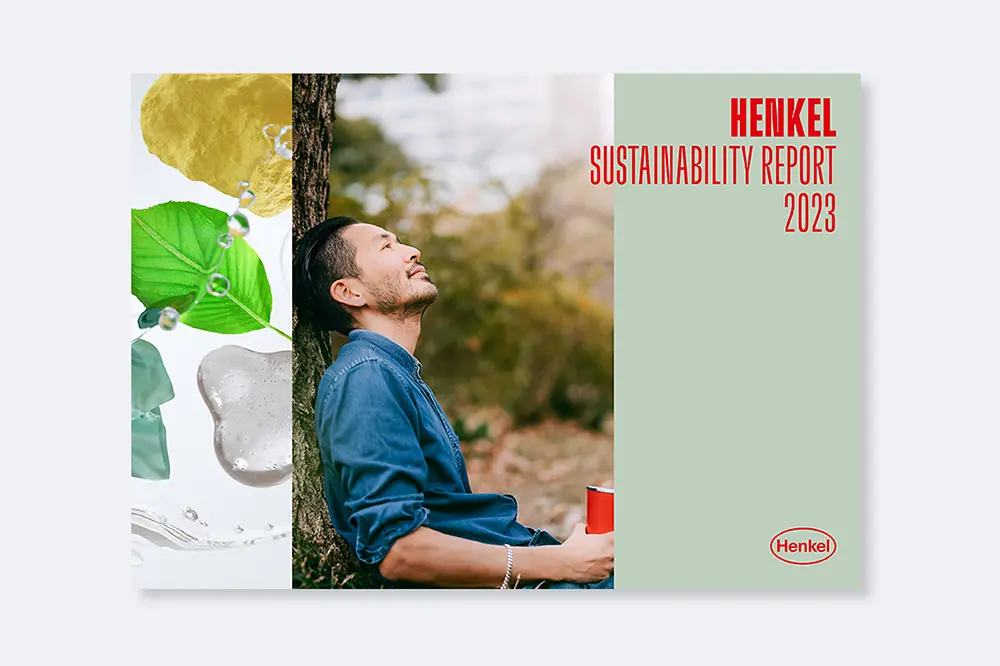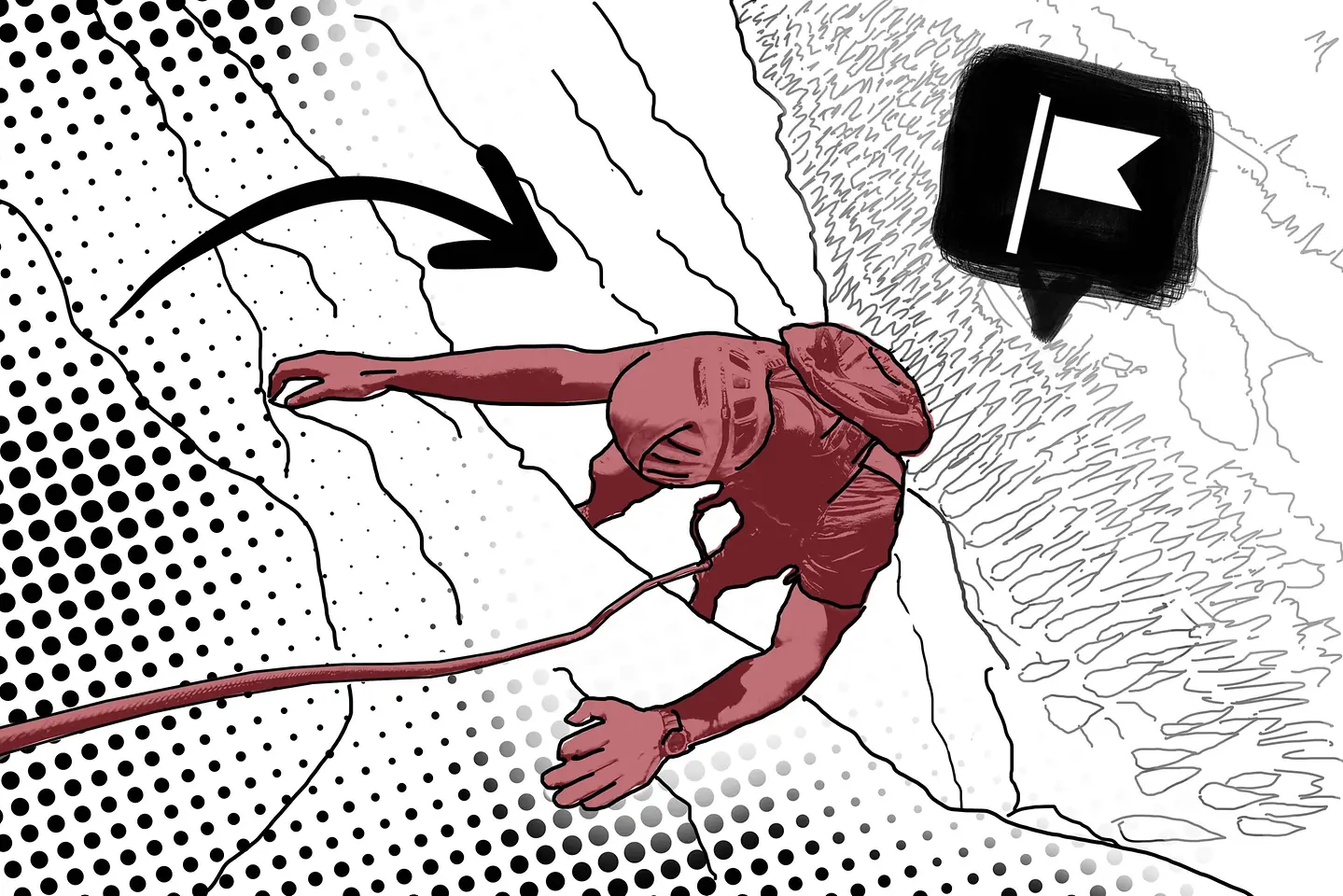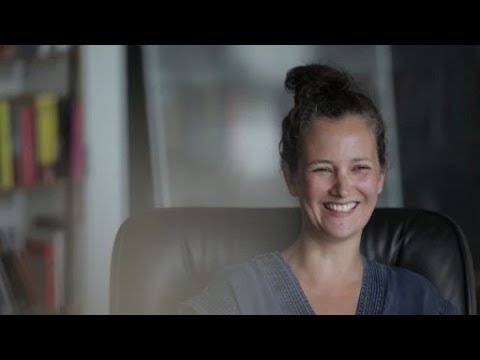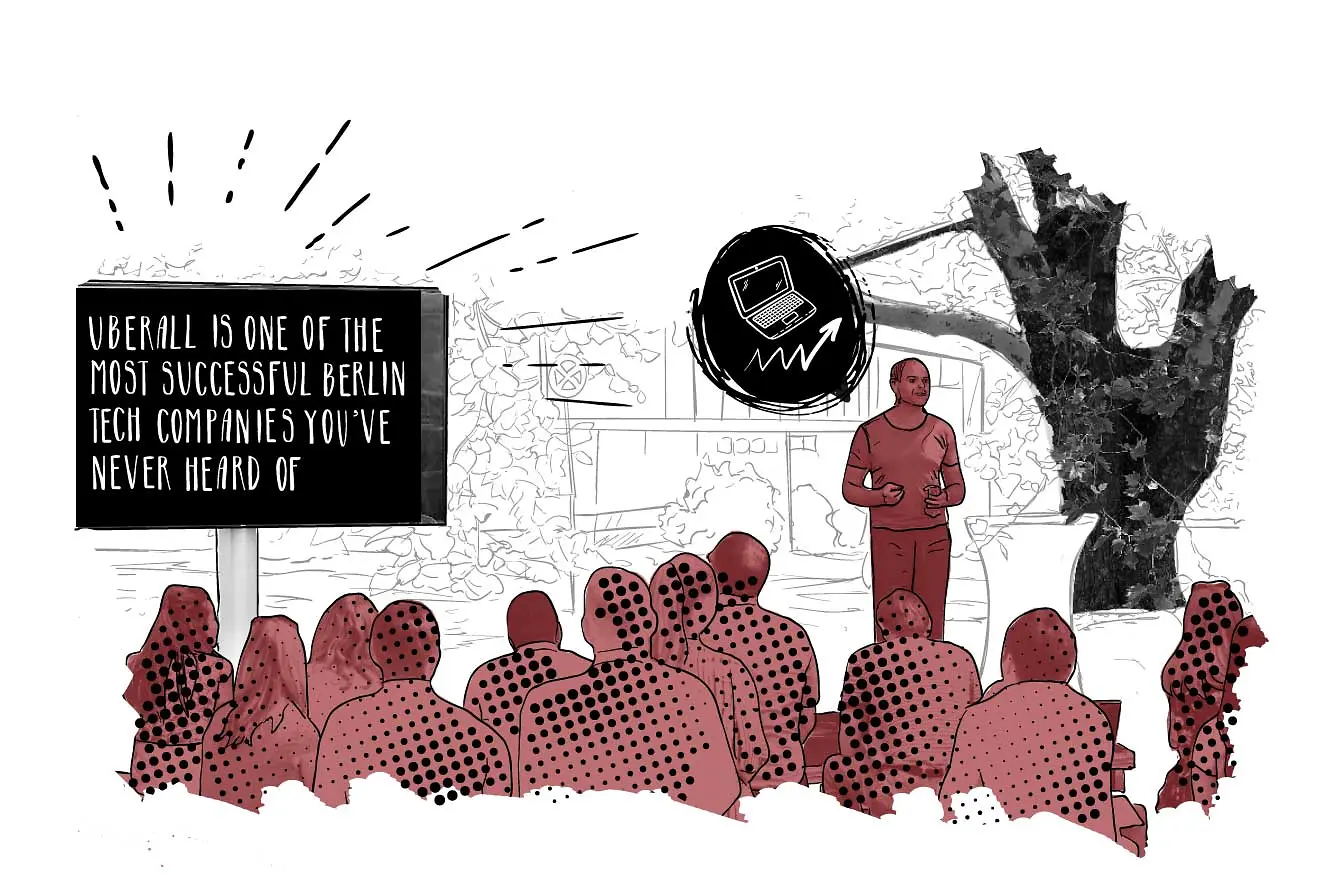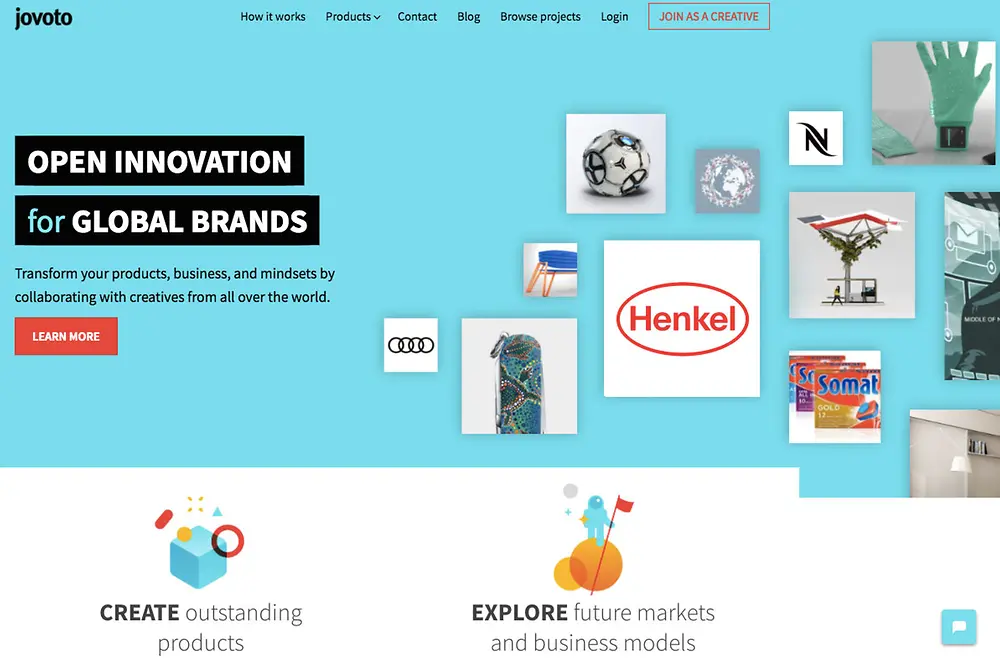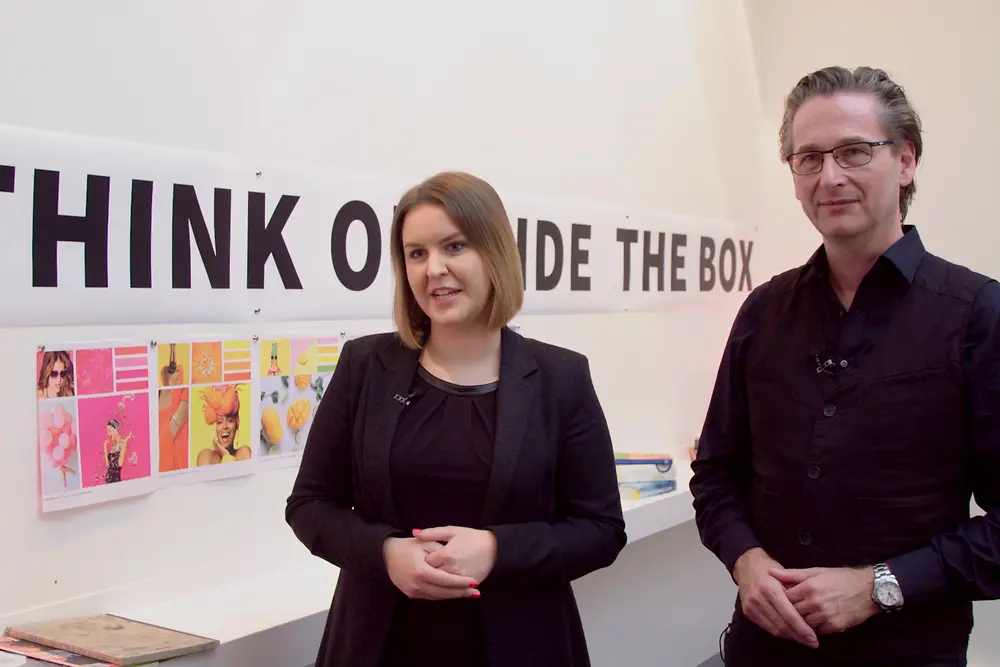Learn more about Henkel Brands & Businesses in UK & Irelands: Includes useful information about the brands, technologies and latest innovations in our business areas: Adhesive Technologies and Consumer Brands.
Corporate meets start-up – best of both worlds

Looking around in the small apartment he and his two co-founders had just rented, he could see it all before his eyes. He would bring his idea to life. The apartment in Aachen, Germany, came with a factory building. 715 square meters full of potential. Potential to build an empire and bring a new product to the market.
But the start-up founder soon realized that the entrepreneurial dream goes hand-in-hand with taking risks and experiencing a great amount of uncertainty. After all, failure is a big part of success. “[…] in cooperation with the company ‘Rheinische Wasserglasfabrik’ we launched a detergent. We called it ‘universal detergent,’ a name I personally never really liked. The production costs were very high. […] We soon came to realize that our product would not survive on the market,” said the founder.
As a real entrepreneur trying things out and failing is part of daily business. The start-up founder kept experimenting after the first product launch was unsuccessful. In experiments the product’s formula was adapted and its performance improved making it the market leader. That product was called “Henkel’s Bleich-Soda” and the mastermind of the start-up was Fritz Henkel. The success story described here has its origins in 1876, but could just as well have taken place in the 21st century. Consequently, the start-up concept is nothing new. Henkel also started out as a small company and today – as a big corporation – exchanges ideas with young founders.
Of fear and failure
The start-up mentality is “think big, act small.” Due to a lack of predefined processes and decision-making bodies, start-ups can be agile and efficient. “Fail fast and fail often” – a mantra that is supposed to take away the very human fear of failure. From a psychological standpoint this fear is important and part of the success.
“Being afraid is evidence that you are at the edge of your comfort zone, and pushing this edge is where growth and learning occurs. It is where practice transitions to performance. At the crossroad of fear and doubt is the sweet spot of achievement. The arena of possibility and innovation.”
Psychologist and world-class mountain climber Matt Walker in
Psychology Today
So what does a working environment look like that promotes failure? It’s agile, transparent and collaborative. “It’s usually not the method but the mindset that makes the difference,” said Friederike Feld, Agile Coach at Sipgate. “For large company it’s much harder to change mindsets. Often, everybody is concentrating too exclusively on their own area and not on overall results. But if everything can be brought together just a little bit closer, while incorporating the customer’s point of view – there’s a lot that can come of that.”
The best of both worlds
Young, wild and creative – this is how many corporate managers imagine the typical start-up culture. And they would like to have more of this. Established structures, a big network and financial resources – known turf for big companies and every start-ups craving. A regular exchange between both types of organizations can provide inspiration, foster entrepreneurial spirit and generate innovations. For this purpose, Henkel created the platform Henkelx: The aim is to combine internal know-how with the expertise and creativity of external partners from the digital sector. “Through our network we selected 15 start-ups and had them present at Henkel. We are now working with nine of them”, said Marius Swart who is part of the Chief Digital Officer’s team.
One of these start-ups is uberall, one of Europe’s leading Location Marketing SaaS (Software as a Service) platforms. Stefan Liebig, VP Strategic Key Account Management, explains in an interview what big companies and start-ups can learn from each other and how successful cooperation can be.
Not only cooperation with start-ups but also investment in them can drive companies forward. For example, Henkel recently invested in China Materialia's investment fund to access the growing scene of advanced materials start-ups in China and adjacent Asian markets. “We are partnering with start-ups, helping them to successfully develop their innovative ideas and technologies. We offer a deep understanding of customers and consumers worldwide, a portfolio of leading brands as well as strong expertise in bringing innovations and new technologies to markets,” said Robert Günther, member of Henkel Ventures’ core team.
The small apartment in Aachen is history and Henkel has turned into a global corporation with over 53,000 employees. But Fritz Henkel's entrepreneurial spirit lives on...
